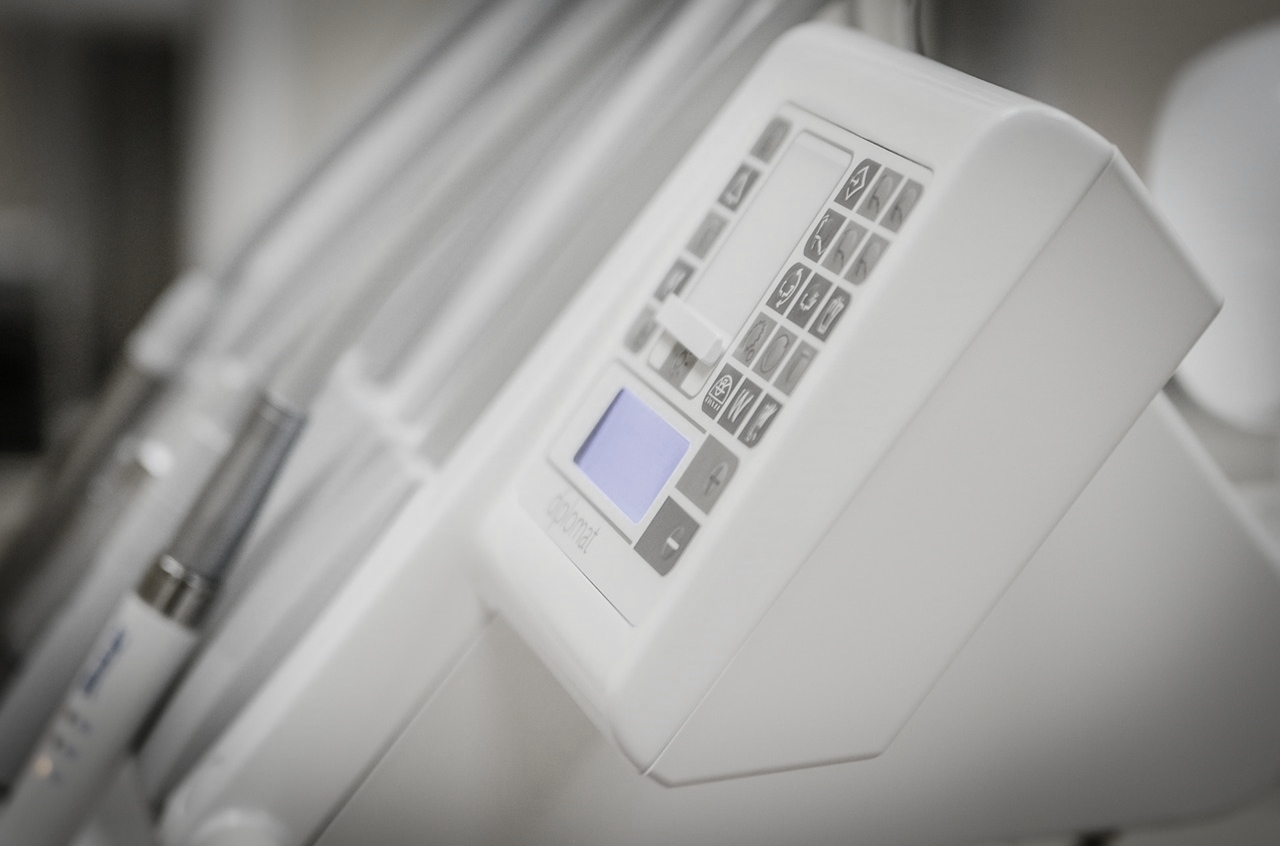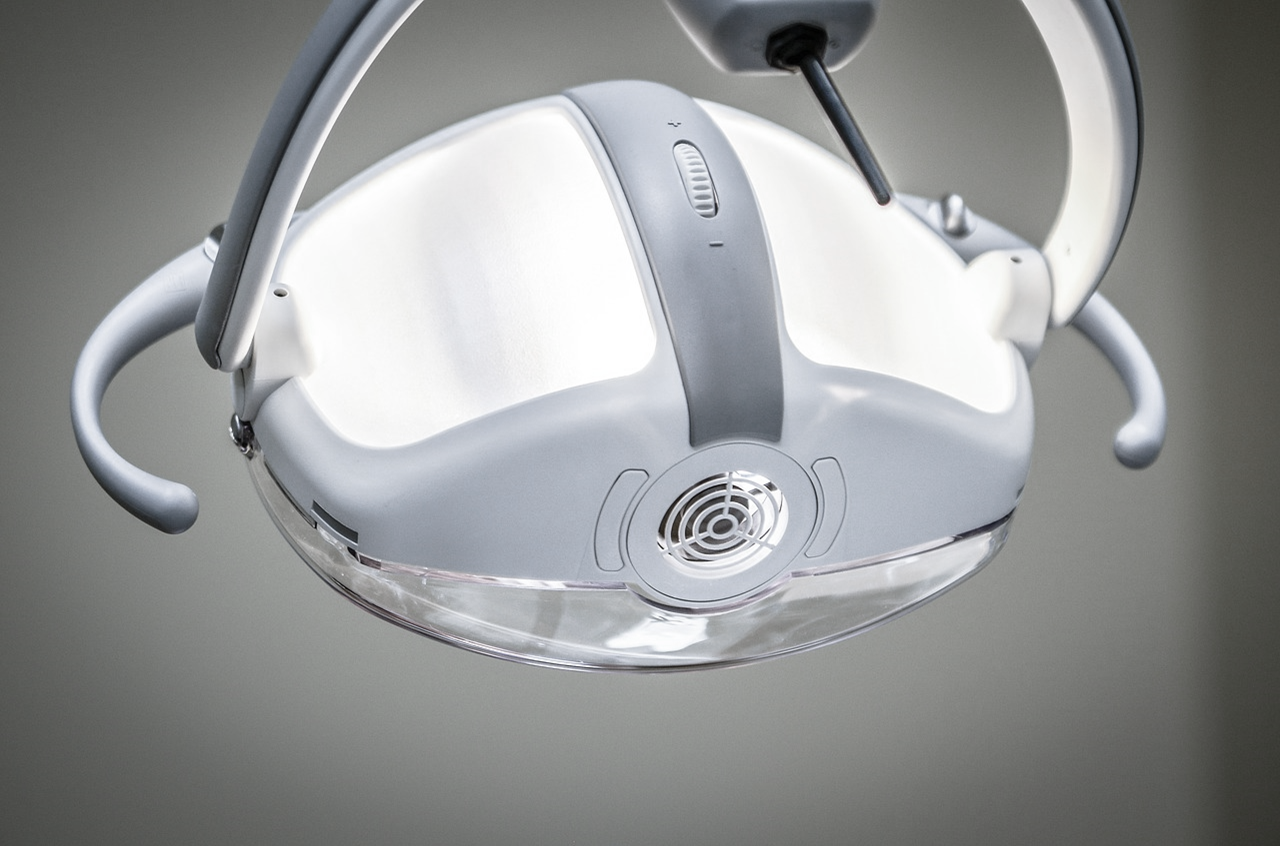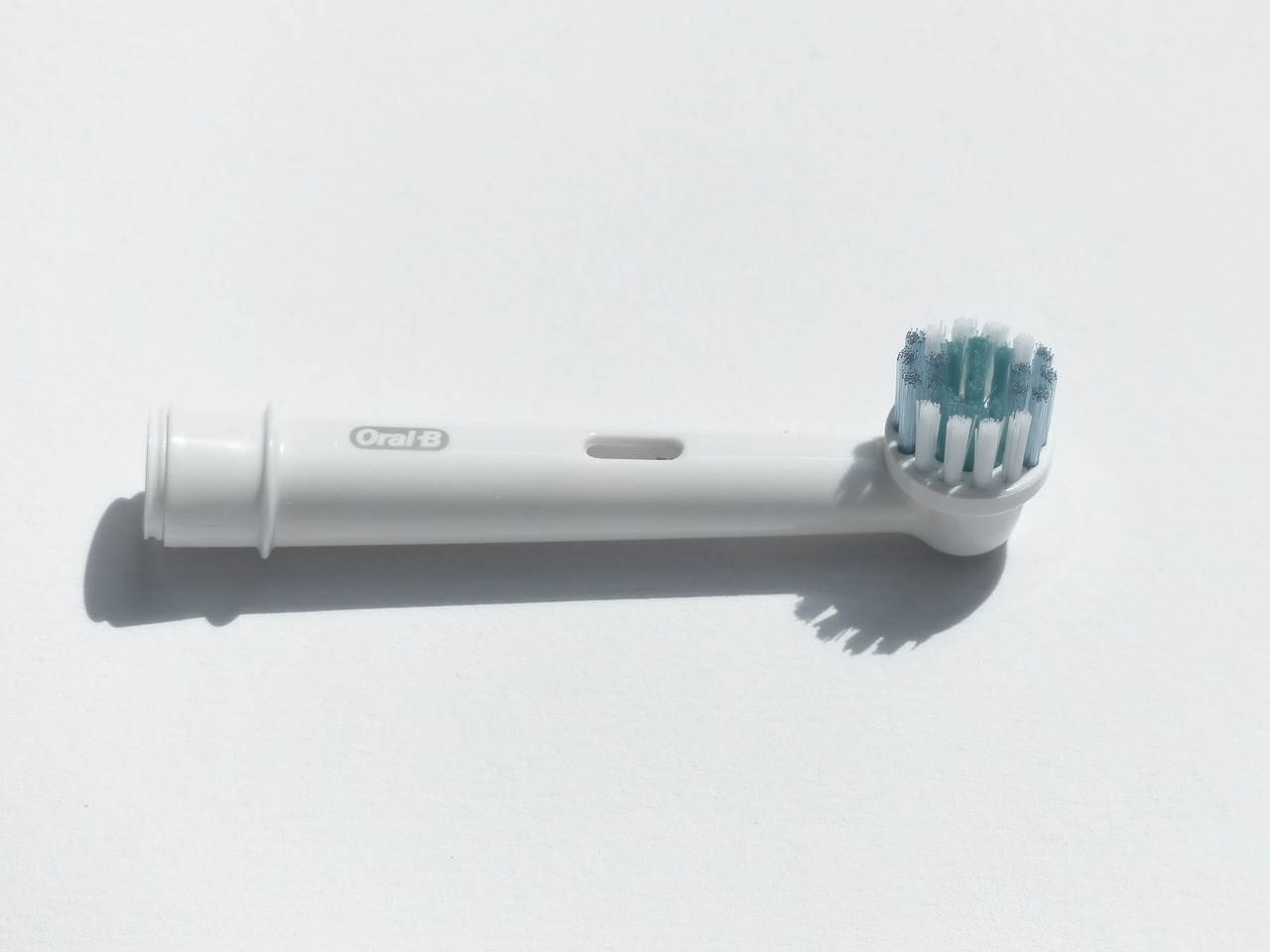
The Dental Associate: Self-Employed or Not?
Date: 10/06/2015 | Healthcare
The Davidson Chalmers’ specialist dental team spoke at the Scottish Dental Show recently on the landmark decision in Rodrigues v Whitecross Dental Care Limited and Integrated Dental Holdings Limited.
This was a decision of an employment tribunal in England which considered whether a dental associate engaged by Whitecross Dental Care was genuinely self-employed or whether he was, in reality, an employee entitled to the various employment protections afforded by employment law.
The decision reached by the employment tribunal in Rodrigues could be of profound significance for the dental profession as a whole. It is one of only a handful of reported employment decisions to have expressly considered the employment status of dental associates. The tribunal in Rodrigues looked at all of the various determining factors for an employment relationship to exist and considered each of them in turn in relation to Mr Rodrigues. What makes the decision so interesting (and alarming) is that Mr Rodrigues’ Associate Agreement with Whitecross contained all of the usual provisions designed to ensure that the Associate is deemed to be self-employed.
The decision reached in Rodrigues was that, notwithstanding the nomenclature adopted in the Associates Agreement, the relationship between Whitecross and Mr Rodrigues in fact amounted to a contract of employment. The judgement was both clearly explained and well reasoned and as such is likely to be highly persuasive to other employment tribunals in the future.
However, significant as they are, it’s not the employment law implications of the decision which are the real cause for concern. The most significant implications for the profession could well be the tax implications of the decision should HMRC seek to challenge the self-employed status of dental associates. HMRC have long appeared to accept that dental associates are self-employed. So at a time when they were challenging the self-employed status of contractors and consultants in other sectors (such as construction and IT) they appeared happy not to pursue dental associates. Could this be about to change in light of the decision in Rodrigues? On the face of it, the risks of this happening would appear to be quite high. The factors which HMRC’s own guidance tells us that they consider to be the most important in determining an individual’s employment status are the very same factors which the tribunal in Rodrigues considered in detail and ruled that a relationship of employment existed.
At the very least, the decision reached in Rodrigues should represent a call to action for principals and associates alike. They should take steps now to revisit both their associates agreements and their working practices in light of the decision. The fact that their agreements may be based on the BDA style is certainly no guarantee of safety. Rodrigues gives some useful guidance on the particular clauses in the agreement that will require closest attention. However, balancing the competing objectives of minimising the risk of the self-employed status of the associate being challenged with the desire to still impose reasonable controls on the conduct of the associate and perhaps also to provide for an attractive overall package to the associate, is no easy task and advice should be sought from a specialist dental solicitor.





















































